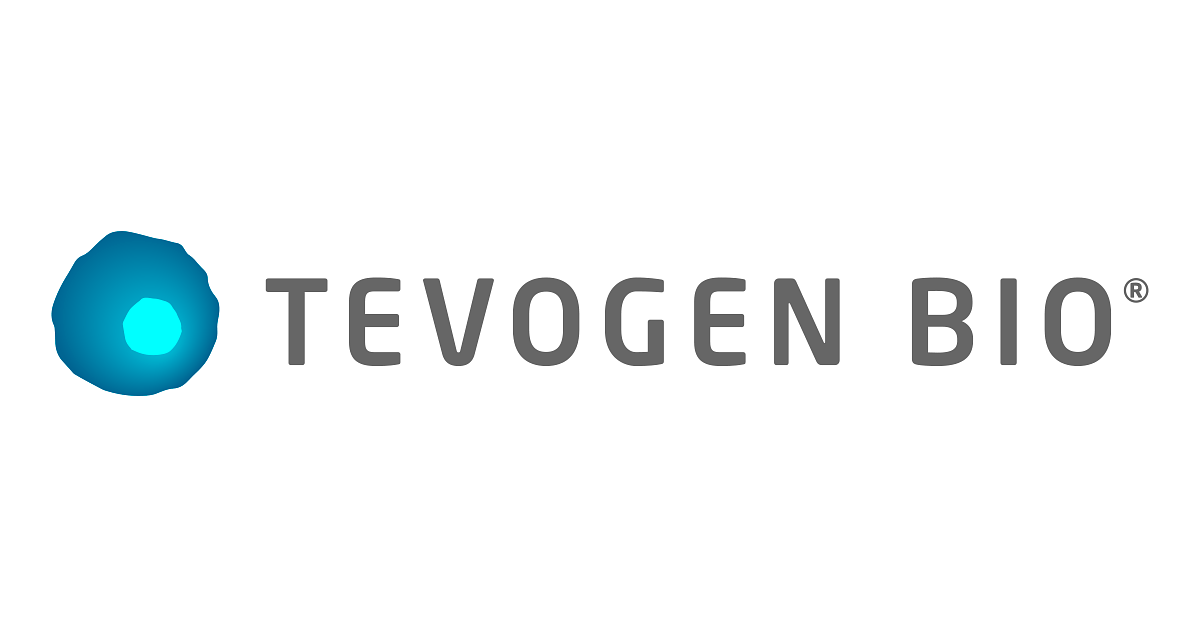
Tevogen’s Expanded T-Cell Therapy Could Broaden Access to Long COVID Treatment
A breakthrough in precision medicine? Tevogen expands its investigational T-cell therapy to cover 65% of the US population, offering hope for a more inclusive approach to treating Long COVID and acute infections.
Tevogen’s Expanded T-Cell Therapy Could Broaden Access to Long COVID Treatment
By Brenda Thompson, Innovation Crossroads
WARREN, N.J. – Tevogen Bio Inc. is taking a significant step towards democratizing access to potentially life-altering T-cell therapies, announcing a major expansion of its investigational treatment, TVGN 489, for both acute COVID-19 and the debilitating Long COVID. The company has successfully broadened the patient pool its therapy can address, now reaching an estimated 65% of the U.S. population – a critical advancement that addresses a key limitation of personalized immunotherapies.
For years, one of the biggest hurdles in harnessing the power of T-cell therapies has been Human Leukocyte Antigen (HLA) matching. These proteins, found on the surface of cells, are crucial for the immune system to recognize and fight off threats. T-cell therapies require a close match between the patient’s HLA type and the donor T-cells used in the treatment. This has historically limited access to these powerful therapies, particularly for individuals from diverse ethnic backgrounds with less common HLA types.
Tevogen’s recent breakthrough expands coverage from a single HLA restriction to six, significantly increasing the number of patients who could benefit from TVGN 489. “This isn’t just about expanding a treatment; it’s about inclusivity in healthcare,” explains a leading immunologist, who preferred to remain anonymous. “Historically, personalized medicine has often fallen short in reaching diverse populations. Tevogen’s move is a step in the right direction.”
A Novel Approach to a Growing Crisis
TVGN 489 is a precision T-cell therapy designed to target and eliminate infected cells. Early clinical trial data, published in Blood Advances, show promising results, with 100% viral clearance observed in a small cohort of high-risk patients. Critically, no participants developed Long COVID following treatment. While these initial results are encouraging, larger Phase 2 trials are currently underway to confirm the efficacy and safety of the therapy.
The timing of this advancement is particularly noteworthy, given the continued burden of Long COVID. The CDC estimates that over 35 million Americans are currently grappling with the long-term effects of the virus, ranging from fatigue and brain fog to cardiovascular and neurological complications. The economic impact is staggering, estimated at between $2.6 to $3.7 trillion. The demand for effective treatments is immense, and the potential market is projected to reach $15.4 billion by 2030.
“The economic pressure created by Long COVID is immense,” states a healthcare economist. “We need innovative solutions like this that can not only improve patient outcomes but also reduce the overall healthcare burden. A therapy that can effectively prevent Long COVID would be a game-changer.”
Beyond COVID: The Future of Personalized Immunotherapy
Tevogen’s success is not just relevant to the fight against COVID-19. The company’s approach – developing “off-the-shelf” allogeneic T-cell therapies that can be manufactured in advance and administered to a wider range of patients – has broad implications for the future of personalized immunotherapy. This contrasts with the more common approach of autologous therapies, which require T-cells to be extracted from each individual patient, a process that is time-consuming and expensive.
“The ability to create allogeneic T-cell therapies that can be matched to a larger proportion of the population is a significant advancement,” explains a geneticist specializing in HLA typing. “It addresses a key bottleneck in the field and paves the way for more widespread adoption of these powerful treatments.”
However, challenges remain. Ensuring the safety and efficacy of allogeneic T-cell therapies requires rigorous testing and monitoring to prevent potential immune reactions. Furthermore, scaling up manufacturing to meet the potential demand will require significant investment and expertise.
Navigating the Competitive Landscape
Tevogen is not alone in the race to develop effective T-cell therapies for infectious diseases. Companies like Adaptive Biotechnologies are also exploring the potential of T-cell receptor (TCR) therapies. However, Tevogen’s focus on allogeneic, HLA-matched therapies sets it apart. Adaptive Biotechnologies has not demonstrated a similar focus on addressing HLA diversity.
The company’s patent portfolio, including US Patent 11,505,578 B2, also provides a competitive advantage. This patent covers key aspects of its precision T-cell therapy targeting specific HLAs.
Looking Ahead
Tevogen’s expanded T-cell therapy represents a significant step towards more inclusive and effective treatment for both acute COVID-19 and Long COVID. While further research and clinical trials are necessary, the company’s innovative approach has the potential to transform the landscape of personalized immunotherapy, offering hope to millions of patients worldwide. The company is currently enrolling patients in Phase 2 clinical trials, and a regulatory submission to the FDA is anticipated if the trials yield positive results. As the field of immunotherapy continues to evolve, Tevogen’s commitment to addressing the challenges of HLA diversity could prove to be a defining factor in its success.
